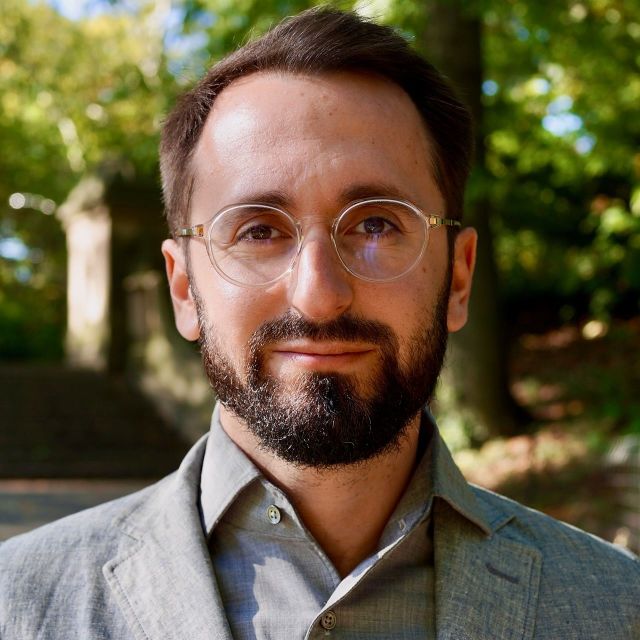Extremist ideology – centered on anti-semitism, white supremacy, anti-immigration and radical anti-democratic government beliefs – is increasingly becoming part of mainstream political speech. In the United States, white supremacist groups have sparked acts of domestic terrorism in Charlottesville, Virginia; Portland, Oregon; and the United States Capitol. Even in the face of these acts, extremist messaging is regularly reinforced by political candidates and members of Congress. Globally, Brazil, Hungary, Poland, France, Spain, New Zealand and many other countries are facing a rise in far-right groups gaining a foothold in national politics.
Journalists have struggled in covering these issues. While covering extremism is an important part of accountability reporting, coverage can run the risk of amplifying and normalizing dangerous rhetoric and hate speech resulting in increasingly extreme views entering mainstream discourse.
In this featured plenary session we’ll tackle this issue head on, asking how journalists can cover this trend in a responsible and meaningful way, how hate speech “spills over” from private social media channels to large public forums, and how it has been evolving to anti-trans rhetoric and more. In short, what should we expect as many cities and countries enter critical elections in the next few years?
A video archive of this session will be available upon request. Request video archive by emailing support@journalists.org.
Resources:
- AP reporting calling out great replacement theory in Sentate candidates, and PBS then linking to a context guide and additional videos
- Robert Evan's The War on Everyone audiobook
- Umberto Eco's "Ur-Fascism"
- The Anti-Trans Hate Machine is a serialized podcast that digs into the recent history of Right Wing organizing targeting transgender people, particularly trans women and kids. While the podcast does not shy away from reaching out to and interviewing right wing actors, it places their views in deep context and plays tape of them responding to difficult questions. Episodes 3 and 4 of Season 2 are particularly powerful in providing an anatomy of the relationship between mass media and anti-trans disinformation.
- YES! Magazine uses a solutions journalism frame to cover this former white supremacist who now organizes against racism in Georgia.
- Laura Flanders’ coverage of the connections between the Oath Keepers, military and paramilitary organizations, and white supremacist groups in North Carolina effectively ties these movements to their roots in white supremacist uprisings of the past. This was a work of movement journalism reported in deep collaboration with anti-racist organizers in the South.
- https://www.100daysinappalachia.com/2021/02/national-media-are-platforming-domestic-extremists-leaving-local-journalists-to-deal-with-the-fall-out-heres-how-we-can-do-better
- https://www.100daysinappalachia.com/2021/05/reporting-locally-on-domestic-extremism-heres-how-to-not-platform-their-violence-a-case-study
- https://theintercept.com/2022/01/05/january-6-capitol-west-virginia-parkersburg
- https://www.100daysinappalachia.com/2021/06/qa-a-black-journalist-turned-community-organizer-shares-the-lessons-theyve-learned-on-how-to-make-our-coverage-of-race-equitable-not-extractive
This session is designed for:
- Everyone and anyone interested in learning about the extremist undercurrent running through US politics and culture today
Speakers

Hannah Allam
national security reporter, The Washington Post
@hannahallam

Patrick Boehler
Head of Innovation and Audience Engagement, Radio Free Europe/Radio Liberty
@boehlerpatrick • Visit Website

Dana Coester
Editor-in-Chief, 100 Days in Appalachia

Lewis Wallace
Abolition Journalism Fellow, Interrupting Criminalization
@lewispants • Visit Website

Odette Yousef
National Security Correspondent on Extremism, NPR
@oyousef • Visit Website
Moderator

Ryan Howzell
Research Program Coordinator, PEN America
@ryanebhowzell
